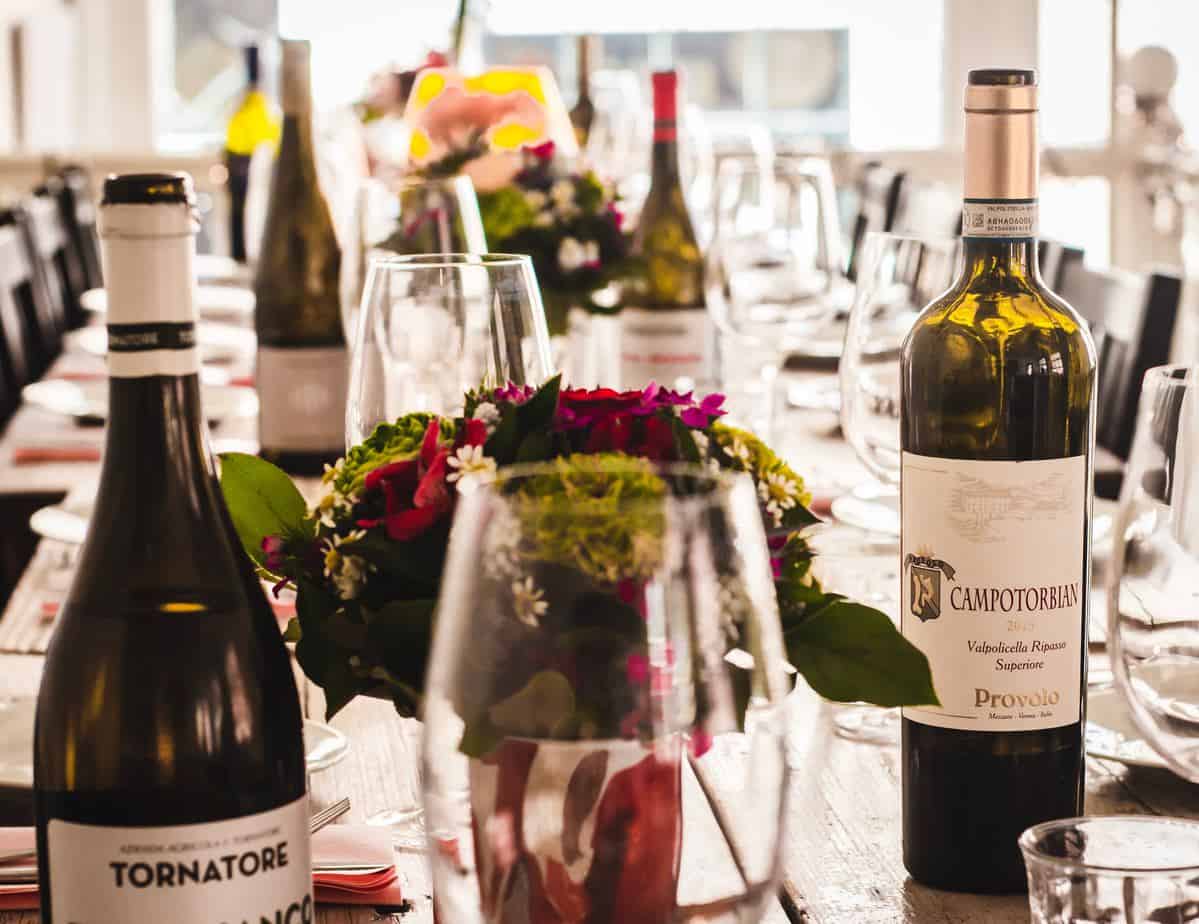Yes, you read that right. Let me say it again – working 9.30am to 6pm Monday to Friday is AWESOME!! Absolute bliss!
No, I haven’t gone mad. Yet.
I easily worked in excess of 60 hours a week in my previous role. Some of it unpaid overtime. So 40 hours a week is heaven to me. It’s all relative, isn’t it?
I thought I should give you all an update on how I am faring in my new less stressful role. It’s been more than a month since I returned from my holiday and started working again.

So how is it going?
I don’t think I fully understood the toll my previous role took on me.
It was a slow gradual increase of responsibilities and stress over the years that I just somehow learned to live with. It became a part of my identity that I was someone who was strong, who could handle stress. I was someone who could get the job done no matter what was thrown in my path. If it meant working late at night, then so be it. Next week would be better. But it never was.
I struggled with who I’d become – I was constantly irritable, highly strung, frustrated and stressed out all the time. Colleagues would preface their conversations with – sorry to bother you, I know you are very busy … but can you blah blah blah? And I would resent like hell, their requests for help, for solutions to issues and problems. Sure, I got things done but I was putting out fires rather than dealing with the issues thoroughly.
All I knew was that I didn’t like me in the end.
Something had to change or I was surely on the path to a nervous breakdown and burnout. I would argue that I was already suffering from job burnout.
Womenwhomoney.com has an excellent article – What is Job Burnout And What Should I Do If I Have It
I am not a quitter
It is funny how life works. I was worried about my retirement savings which led me to FIRE blogs about early retirement. Discovering the FIRE movement and reading so many people’s why and paths to FI, I decide to look at my own life and define what is of value to me.
Which leads me to finally declaring enough is enough and I quit.
But I am not a quitter. That is not my identity. It is not how I see myself or how others see me.
I am known as the person who solves problems. The one who will take action.
It will take some time for me to adjust to this.
The guilt
To some extent, I still feel guilty. Like I escaped. And I let my team down. I let my boss down. Since I left, there has been a restructure and I feel guilty that I can no longer support them.
When I dropped in last week to deliver some goods (I still work for the same employer but at a different site), everyone was – oh we miss you, sure you don’t want to come back?
I confess I cried in the car -the guilt just came back in droves. And the feeling that somehow by leaving, I failed.
Health issues
Another thing I pride myself on is that I have the constitution of an ox. In my twenty six years, I reckon I have taken 6 sick days off. Total. Not per year.
I generally schedule a medical check up and blood test in January but missed doing so this year. So when I came back from holidays, I ring up the clinic. And was told that my last consultation with a doctor was two years ago and my last blood test was three years ago! I was truly shocked. I had no idea it was so long ago.
The blood test results were not good – my cholesterol was the highest it had ever been. And my liver enzymes was way higher than normal. My doctor sends me for an ultrasound.
Thankfully it was nothing more serious than a fatty liver. Bile ducts were not obstructed. But it still means my liver is inflamed.
I have no idea if these results were a consequence of my eating (ahem, very well!) on my recent holiday or my stressful life as it’s been three years since the previous data. Lesson learnt – must remember to have annual check ups.
So now the plan is to cut back on meat consumption (not that I eat that much meat to begin with anyway) and exercise more often.
So, am I enjoying a slower pace at work?
Yes, in a word.
But it takes getting used to.
I was very surprised that I struggled at first to adjust to this slower pace of life. I had wanted to slow down, it wasn’t forced on me. And yet, I struggled.
My body was so used to the additional adrenaline I needed to survive my work days that without it, I found I had a hard time pushing myself. Does that make sense?
I have been so primed to always work with an adrenaline hit that I actually feel lost without it.
During the first week, I check my watch many times during the day – which is so unlike me. And there were times when I was actually bored! Which was a novelty. And a bit disorienting.
The pace was a lot more hectic in my previous role. There were always numerous fires to put out, issues to solve, people to see that I never had any down time or had time to feel bored.
Now I get to deep dive into issues and devote time and energy to sorting them out and implementing solutions. I also now have time to communicate more effectively with my smaller team.
And I have time to have a decent lunch break, chatting to colleagues instead of eating on the run or eating quickly in front of the computer.
How about at home?
Strangely, having more time after work was also something I had trouble adjusting to.
I revert to the habit of chilling out on the couch – even though I was no where near the exhaustion I used to feel. And spend mindless hours playing Candy Crush in front of the television.
Ok, so I was also grieving the loss of my holiday that first week. But the second week? And third? I adjusted finally, thank God!
The poor blood test result was the impetus to start exercising again. Because I am now finishing work on time, I happily walk with my friend for 45 minutes to an hour after work. In the past, I was stressed about getting to the walk and then going back to work after our walk. I am very pleased that we have kept this up and walked every day in the last 3 weeks.
I now come home at a decent hour. Decent enough to be able to cook a meal some nights from scratch and still eat at a reasonable time. This takes the pressure off having to meal prep every meal on Sunday, leaving me more time to be relaxed on the weekends. I still meal prep lunches though.
Some nights, I even have energy left to tackle a household chore. Time to start decluttering again. Due to lack of time previously, I always start and stop projects. Now there is no excuse. My pantry is looking very good at the moment!
I have had guests over for dinner on two consecutive weekends. That is unheard of in my past life! Entertaining at my house was rare, even though I really enjoy cooking and sharing food with my friends.
The downside of reducing my work hours
Less pay, of course. Working reduced hours with less responsibilities equal less pay – there is no two ways about it.
It was another thing I had to adjust to. Initially, I asked HR to reduce salary sacrificing into my superannuation (retirement account) so I would have more money in my take home pay. But it turns out there is not much difference so I am back to salary sacrificing the maximum amount.
For the first time in my life, I may have to do a budget. I confess it is usually just vague sums in my head – I know roughly how much I can spend on each category, since I track my expenses. It is time to review where else I can reduce my expenses. I still need to save for my travels and eventual car.
Final thoughts
It has really surprised me the amount of adjusting required so far – this transition to a less stressful role and having more free time for me. I must be very naive!
I am not sure if working 40 hours a week count as Slow FI officially, as coined by Jessica at thefioneers.com
But to me, this slowing down has created much needed breathing space. And if it means I slow down the journey to FI and eventually retirement, then I am OK with it. I will not be sacrificing my mental health to achieve a life that I may not get to. So right now, working from 9.30am to 6pm is bliss!
Have you transitioned to a lesser paying role? Or a less stressful role? How did you cope? Was it worth it?

